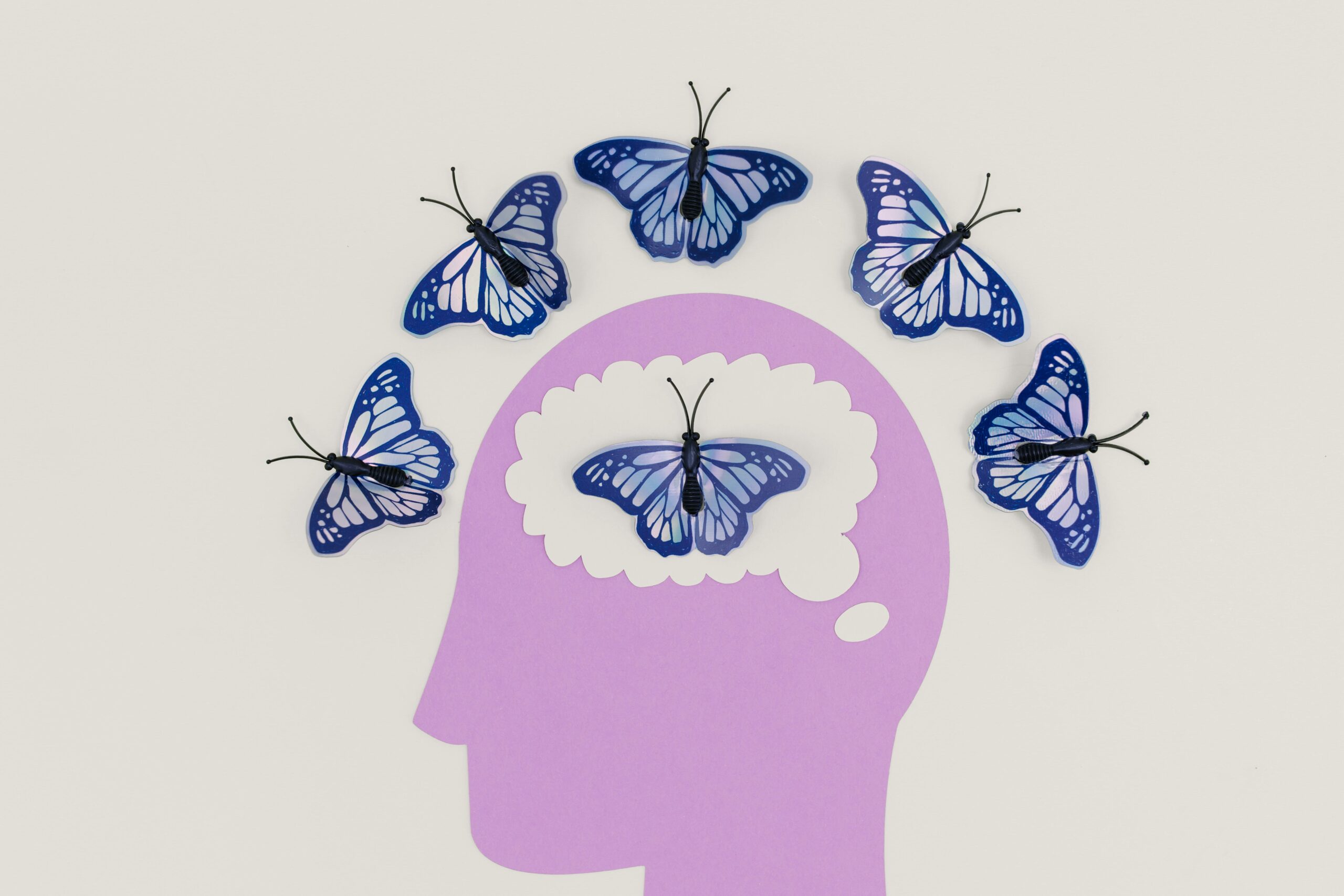Are You a Super Ager?
Category: Brain Health

73 million boomers are hitting their 80’s! Perhaps that is why the emphasis on medical advances on how to expand the opportunity to live longer and longer lives and conquering the onset of dementia. Matt Huentelman, the man who leads genetics studies for the SuperAging Research Initiative states, “Today your body may make it to 100, but your brain poops out at 80.”
A “super ager” is someone over 80 with an exceptional memory ~ one at least as good as a person 20 to 30 years younger. They are actually quite rare according to cognitive neuroscientist Emily Rogalski, who leads the Super Aging Research Initiative across five cities around the United States and Canada. She has found less than 10% of the individuals who sign up to participate in her studies have the memory and mental capacity to meet the scientific criteria for being super agers.
So what is the secret of Super Agers? (found in AARP Bulletin November 2023)
- Control of blood sugar and blood pressure. (according to a 2015 Rush University study of 960 older adults) a diet rich in whole grains, veggies, leafy greens, nuts, berries and fish, and low in red meat butter and sweets ~ slowed brain aging by 7.5 years and kept thinking and memory sharper.
- Connection with others ~ actually memory declined fastest and furthest in people who felt lonely most often according to a 2022 University of Michigan study that tracked 9,032 U.S. adults for 20 years.
- Depression was a major factor in the risk for dementia. Also those with high stress levels had a 37% higher risk for memory problems when compared with low stress levels. Medication and talk therapy created a 32% increase in being less likely to develop dementia over 10 to 14 years from those who did not use those methods.
- How’s your sleep? For those who prioritize it the toxic waste that builds up early in the development of Alzheimer’s disease gets cleared away. How about drugs to help you sleep? In a 2021 study of 4,197 people in their 70’s the chronic use of prescription sleep drugs boosted the risk for dementia by 48%!
- Have cataracts? According to a study, those who had cataract surgery had a 29% lower risk for dementia compared to those who did not have the procedure. (I loved this fact as I am scheduled for cataract surgery myself in July!) According to a 2021 study 100,000 current cases of dementia in the U.S. could have been prevented just by treating poor vision! Hearing loss also plays an important role. At-risk adults that use hearing aids showed 48% slower progression towards dementia than those who did not.
- Do you garden or climb stairs instead of taking the elevator? These all help with greater balance and mobility than typical older adults. If you walk a mile, walk faster to get your heart rate up.
- Do you play games, frequently read, listen to music, travel, and attend lectures and concerts? Brain-game researcher Aaron Seitz of Northeastern University recommends exercising your brain in a lot of different ways.
I found it very interesting that Norman Lear, a 100 Award-winning television producer and screenwriter lists his secret to aging as “gratitude….”I would add one factor only, and that is gratitude. the hour-by-hour feeling of appreciation for the gifts with which we are born or have had the ability to accumulate.” Melissa Gilbert whom we all can recall a “half-pint” on Little House on the Prairie” states, “We’re not just aging gracefully, which seems like something that people pinned on us. What does it mean to age gracefully? Gratefully seems more tangible to me. Let’s be grateful for what we have.” Another Super Ager, Stanley Plotkin, M.D. 91, renowned vaccinologist who developed the rubella vaccine, chose problem-solving as his secret to aging. “Stimulation is a large part of it. If you continue to think about problems and try to solve them, it keeps you younger.”
So where do you fit into this? I asked myself this and was comforted to to read the statement by researcher Angela Roberts of the Canadian Centre for Activity and Aging. “Not all cognitive super agers are also physically exceptional.” There are super agers who have a range of diseases, from lymphoma to osteoarthritis; many use wheelchairs, despite their excellent cognitive health. Since I have been diagnosed myself with PAD (which is basically hardening of the arteries), I find walking to be difficult. I, do, however, love to learn new things and am constantly challenging myself in this way. My husband, however, has had diabetes and taken Metformin for several years and I have found that his memory, particularly short-term, is very limited. He will be 85 in August and I just turned 81. I have found a supplement for Ray that I think has been helpful. It contains a unique chardonnay grape seed polyphenol blend, a natural guarana extract, plus vitamins B6, B12, and folate. The ingredients in this supplement have been shown in multiple clinical and laboratory studies to significantly enhance short-term memory, sharpen focus, improve reaction time, protect against age-related cognitive decline, and support healthy circulation. Contact me if you would like more information about this. And let’s all be thinking about how we can all live to be “super agers”!



Facebook Comments